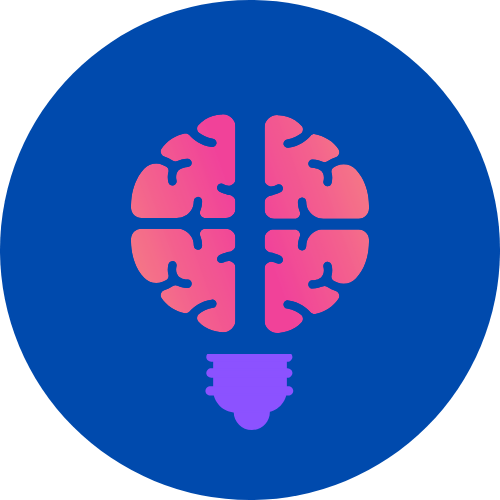Wisdom Forum
Seeking Enlightenment About Me Menopausal symptoms are a natural change that occurs in women of all different ages. The time and signs vary from woman to woman. Location Occupation
Menopausal symptoms include changes in your cycle, hot flushes, sleep issues mood swings, and sleep issues. Talking with your doctor is a good method to better understand your symptoms and get relief.
Changes in your periods
Period changes are common part perimenopause (the period before menopause). As your body prepares for the transition to menopause, it may feel different.
Your period begins when your ovaries release an egg (ovulate). It travels through the fallopian tube to the uterus, where it matures.
The body releases two main female hormones when you experience an ovulation. These hormones are responsible for things such as mucus in the cervical area, acidity levels in the vagina and the breast milk cells.
During perimenopause, your ovaries produce less estrogen. That can cause changes in your menstrual cycle, including shorter cycles and fewer spotting days.
It can be very confusing. It could be that you are experiencing perimenopausal symptoms if your menstrual cycles are shorter, heavier or heavier than normal. If you experience bleeding or spots after your period has ended, it's an ideal idea to speak with your doctor. This could be an indication of a more serious problem, such as the uterine fibroid tumor.
Hot flashes
Hot flashes are one of the most frequent menopausal symptoms. These sudden and brief rises in body temperature are typically felt in the neck, face and chest. They can also be felt in the shoulders.
Hot flashes affect 75% of women during menopausal cycles. These flashes can vary in frequency and intensity depending on the woman.
Many women notice that they are most susceptible to hot flashes during warm weather or in an overheated room. Hot flashes can be extremely uncomfortable and are coupled with sweating and a rapid heartbeat.
A number of treatments can help decrease the frequency and severity of these flashes. These include hormone therapy, specific antidepressants, such as fluoxetine (Prozac), venlafaxine(Effexor) and [empty] paroxetine [Paxil] and many others.
 Phytoestrogens, such as soy isoflavones, also may alleviate hot flashes without side effects. More research is needed to confirm their safety and effectiveness.
Phytoestrogens, such as soy isoflavones, also may alleviate hot flashes without side effects. More research is needed to confirm their safety and effectiveness.
Insomnia
women menapause may experience a variety of symptoms as they enter menopausal. These symptoms include mood swings and hot flashes as well as fatigue and trouble sleeping.
Most women enter menopause about one year after their last period, which is known as perimenopause. This time period is part of a lifelong shift in the balance between estrogen and progesterone, which can cause sleep problems before menopause actually sets in.
Some medications can also cause insomnia. If you're taking any of these drugs consult your physician about switching them to a substitute that is less prone to side effects and is less likely to cause insomnia.
The most effective method to get an excellent night's rest is to follow a regular schedule. Avoid sleeping during the day, and establish a routine of going to bed and getting up at the same time every day.
Depression
During menopause, a woman may feel depressed because of hormonal changes. This can occur during the first stage, menapause relief and insomnia perimenopause or after the end of menstrual cycle (postmenopause).
Depression occurs when your mood is low or your life is disrupted by it. It can last for weeks or months and is generally a serious condition that needs help.
Contact 111 if someone you know suffers from menopausal depression symptoms. You can also get help from the Samaritans at the 116 123 number or 988 Suicide and Crisis Lifeline.
Hormone therapy is a way to regulate hormone levels and reduce symptoms such as hot flashes or sleep disturbances. Doctors typically prescribe selective serotonin receptor inhibitors and other antidepressants to treat depression during menopause.
Depression is more prevalent among women than men, especially during milestones such as childbirth and perimenopausal. It may also be more common in those who smoke and have other unhealthy lifestyles.

